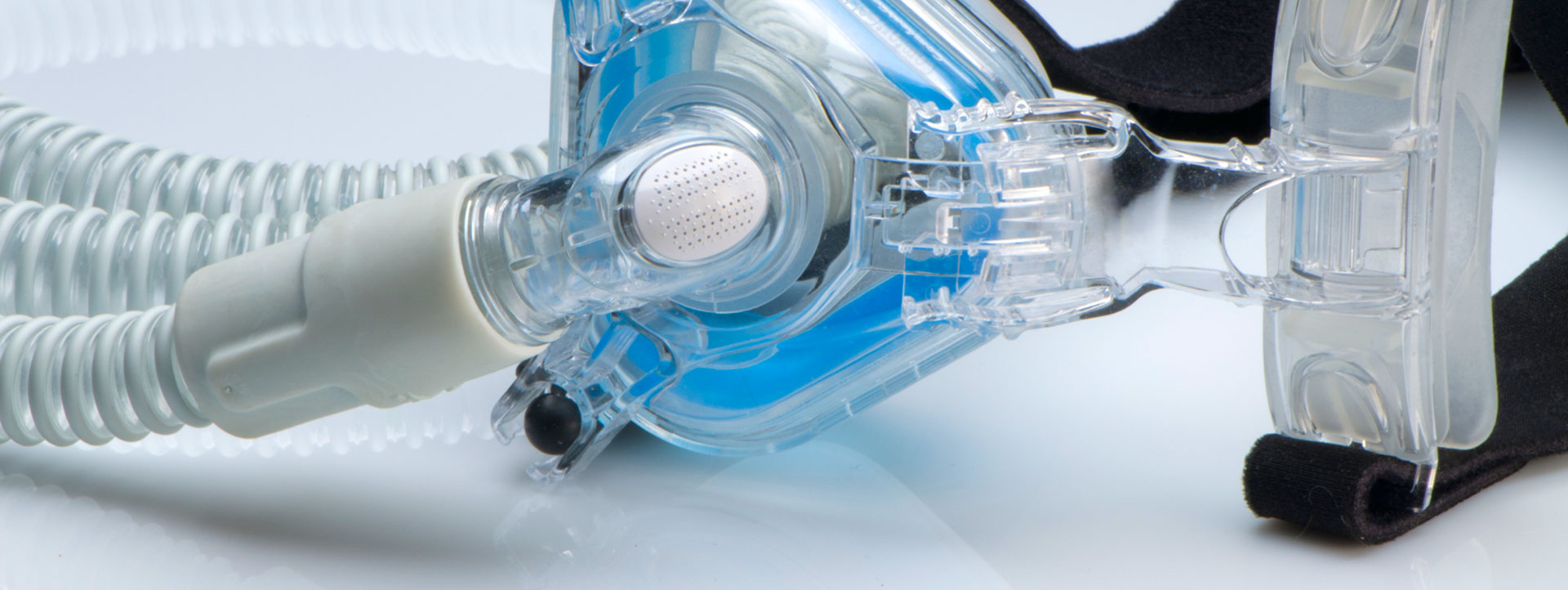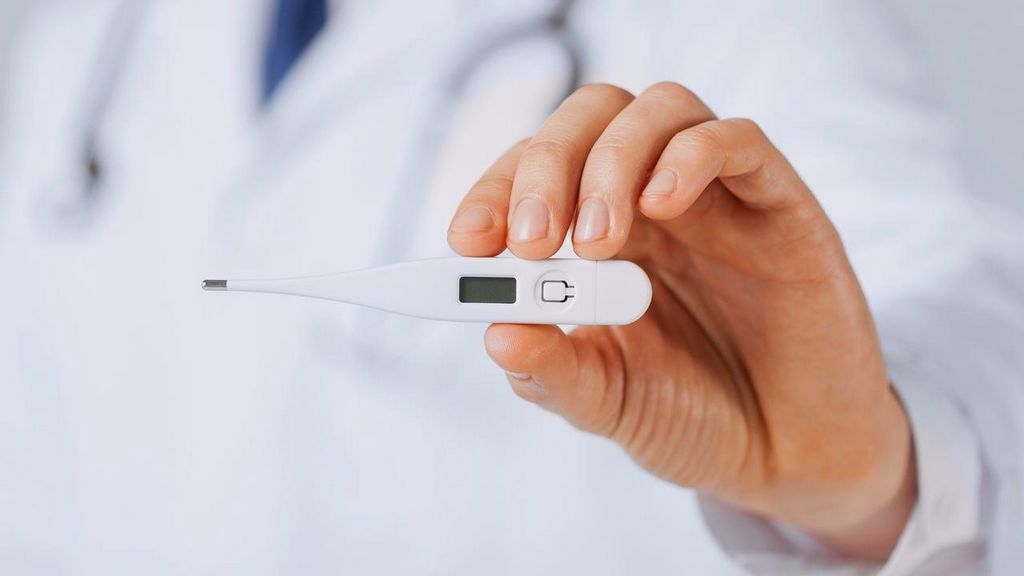
Copyright © 2020 EUROLAB Laboratory Inc. All rights reserved.

Two methods are generally used to test a thermometer for accuracy: the ice bath test and the boiling water test.

The ice bath test is the easiest method to test a thermometer for accuracy, assuming the thermometer will show temperatures of 0 (zero) degrees or lower. The advantage of this method is that a thermometer always displays 0 (zero) degrees in a properly prepared ice bath, regardless of altitude or atmospheric pressure.
Boiling water testing is a more sophisticated method of testing a thermometer for accuracy. Because in the calculations, it is necessary to take into account the altitude of the measurement location from the sea (altitude) and atmospheric pressure. An accurate thermometer should read 100 degrees in boiling water at sea level under normal atmospheric conditions. But as it rises above sea level, atmospheric pressure is constantly changing.
Even high-quality, industrial-grade thermometers only measure accurately to plus / minus 1 percent. This value is accepted within the production specifications.
For thermometers used in medical activities, the ASTM E667-98 standard has been developed by the American Society for Testing and Materials (ASTM). This standard describes the requirements for mercury in glass, reusable maximum self-recording clinical thermometers of the types commonly used to measure the body temperature of humans and animals. The full name of this standard is as follows: ASTM E667-98 Mercury in glass, standard specification for maximum self-registration clinical thermometers.
This standard includes requirements for bulb and body glasses, mercury, readability and persistence of markings, dimensions, temperature scale ranges and ratings, as well as thermometer stability, ease of zeroing, temperature gauge retention and accuracy of scale reading. Appropriate test methods are also provided to determine suitability. In addition, terms used in the standard, additional information about thermometer glasses and stability are included in the standard annex.
Clinical thermometers are classified as: basal metabolismw, multi-use with short ampoule, oral, rectal and veterinary services. This standard includes tests such as colorant retention, accuracy testing, ease of zeroing, temperature retention, fire cracks, and sensitivity and bias.
With the experience gained over many years, our organization also provides thermometer testing services to the demanding enterprises within the framework of laboratory services of materials with a trained and expert staff.
To get an appointment, to get more detailed information or to request an evaluation, you can ask us to fill in our form and reach you.